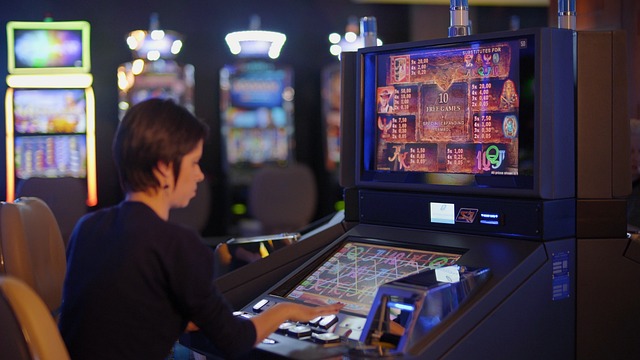As virtual reality (VR) technology transforms the online gambling experience, it also introduces new layers of complexity in terms of safety and security. VR casinos offer immersive, interactive gameplay—but like any digital platform, they come with risks. From data privacy to account protection, players need to be aware of potential vulnerabilities before stepping into these virtual environments. Understanding the risks and best practices can help ensure a safe and enjoyable experience in the rapidly evolving world of VR gambling.
Let’s explore the most pressing security concerns in VR casinos, and what users can do to stay protected while enjoying this next-generation form of entertainment.
Data Privacy and Identity Protection
One of the major concerns in VR casinos is the collection and use of personal data. Unlike traditional online gambling platforms, VR systems track more than just your login credentials. They often gather biometric data, movement patterns, voice recordings, and even physical gestures. While this data enhances gameplay realism, it can also be exploited if not properly secured.
Privacy policies in VR casinos vary, and not all platforms are transparent about how user data is stored, shared, or monetized. If personal or behavioral data falls into the wrong hands, it could lead to identity theft, targeted scams, or other forms of misuse. Players should always review a casino’s data policy and ensure the platform adheres to GDPR or other international data protection standards.
Account Security and Authentication

The immersive nature of VR can make it easy to overlook basic account security practices. Players may assume that once they’re “inside” the virtual world, they’re safe. However, the opposite is often true. VR accounts can be vulnerable to hacking, especially if users skip essential steps like enabling two-factor authentication (2FA) or using strong passwords.
Phishing attempts, social engineering, and malware targeting VR platforms are all emerging threats. Players should avoid downloading unofficial mods or software, and always connect through secure, private networks. It’s also crucial to use a trusted VR casino platform that supports modern authentication tools and regularly updates its security infrastructure.
Financial Transactions and Cryptocurrency Risks
Many VR casinos accept cryptocurrency payments, offering both advantages and risks. On the positive side, crypto allows for anonymous and fast transactions. However, the downside is a lack of regulation and potential for fraud, especially on platforms that don’t follow strict compliance protocols.
Because cryptocurrency payments are irreversible, players who deposit funds on unverified or scam platforms have little to no recourse. Additionally, storing funds within the VR casino’s wallet for convenience can increase exposure to theft if the platform is compromised. Players should use reputable wallets, enable cold storage when possible, and only deposit what they plan to use during a session.
Platform Vulnerabilities and Software Exploits

Like any emerging technology, VR platforms can contain software vulnerabilities. These weaknesses can be exploited by malicious actors to interfere with gameplay, steal data, or take control of a user’s session. Since many VR casinos are built on newer or proprietary engines, they may lack the mature security frameworks found in traditional online platforms.
Insecure APIs, bugs in game code, or inadequate server-side protection could lead to disruptions or breaches. Regular patches, audits, and independent testing are essential to maintaining a secure ecosystem. Players should look for platforms with a strong development team and a proven track record of updates and community feedback.
Social Interaction Risks in Virtual Spaces
VR casinos often include live multiplayer features, allowing players to chat, interact, and gamble together in real-time. While this enhances the experience, it also introduces risks of harassment, impersonation, and social engineering. Without proper moderation or reporting tools, users can be exposed to inappropriate behavior or be tricked into sharing personal information.
It’s important to treat VR casinos as public spaces—never share private details, financial info, or credentials during in-game conversations. Choose platforms that offer privacy settings, block/mute functions, and enforce community guidelines to create a safe social environment for all users.
